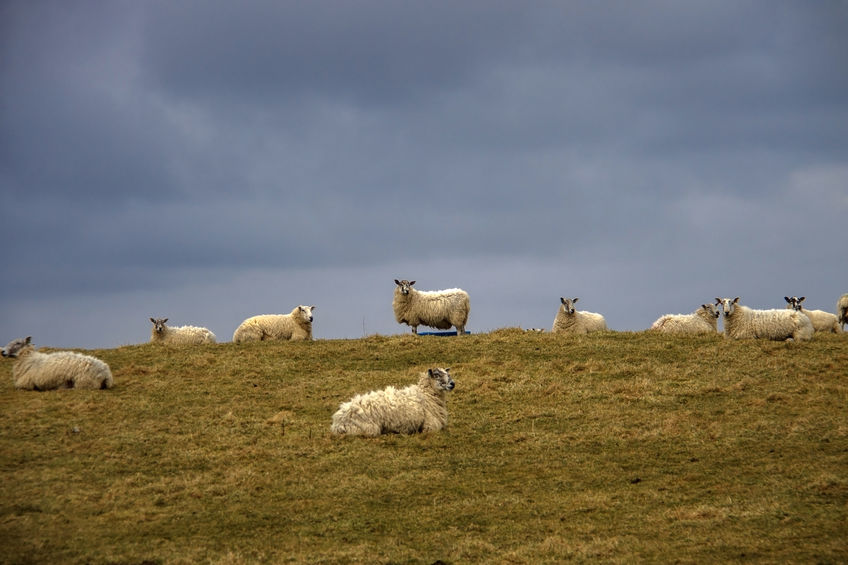
The isolation of farming and concerns surrounding finances are key factors affecting the wellbeing of Scottish farmers, a new research project states.
Levels of stress in the Scottish farming industry are thought to be increasing amid ever-growing political uncertainty and market volatility.
It prompted researchers from the Robert Gordon University (RGU) to work with the farming community to explore their experiences of mental wellbeing.
The outcome of the project is to co-design an intervention aimed at enhancing the wellbeing of farmers.
The team conducted a number of interviews based around farmer experiences, which highlighted four key themes: stress, lifestyle, awareness and perceptions of mental ill-health, and experiences of mental ill-health.
The interviews highlighted that financial concerns such as profit making were a key cause of stress for farmers.
The farming lifestyle was also found to affect their mental wellbeing in terms of loneliness, isolation, and poor work-life balance.
Professor Kay Cooper said they are using the findings to develop support, co-designed with farmers, to enhance and safeguard their wellbeing for the future.
“This study worked closely with farmers to better understand the scale of the challenge farming faces and what might be done to improve it.
“Throughout some interviews, we learnt more about the personal experiences of mental health and at times the use of unhelpful coping mechanisms.”
Some farmers interviewed had reached out for support from the Rural Scottish Agricultural Benevolent Institution (RSABI).
Most were aware of some of the more general campaigns about mental health and wellbeing.
However, the interviews made it clear that there is still some stigma associated with admitting to problems with mental health.
Prof Cooper said: “Following the interviews we have been working in partnership with the farming community in Aberdeenshire and Orkney through co-designed workshops in Aberdeen and Orkney.
“This work is ongoing, and we plan to develop a farmer-led support intervention to promote wellbeing and provide support within this vital community.”
The findings were presented on Thursday night (7 November) at NFU Scotland's inaugural Mental Health Conference.
The event aims to drive forward health and wellbeing in the farming community by bringing them together to hear from those who have overcome difficult times while running a farming business.
Lorna Paterson, regional manager at the union, said: “We hope the results of the findings will help our farmer members understand that they are not alone, and perhaps cope better with mental health issues by reaching out for help.
“Similarly, we would hope that the industry and governments realise that farmers are struggling with all the pressures of form filling; copious inspections; red tape and financial losses due to lack of fairness in the food chain.
“These factors all serve to increase stress levels, and for some farmers it feels like there is no hope and their mental wellbeing falls into a very dark place.”
The researchers and NFU Scotland are now working together to co-design an intervention to develop tools to support the mental wellbeing of the farming community.
